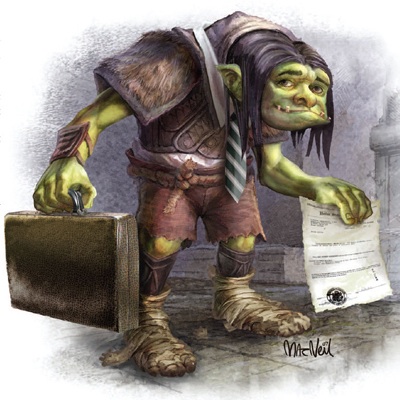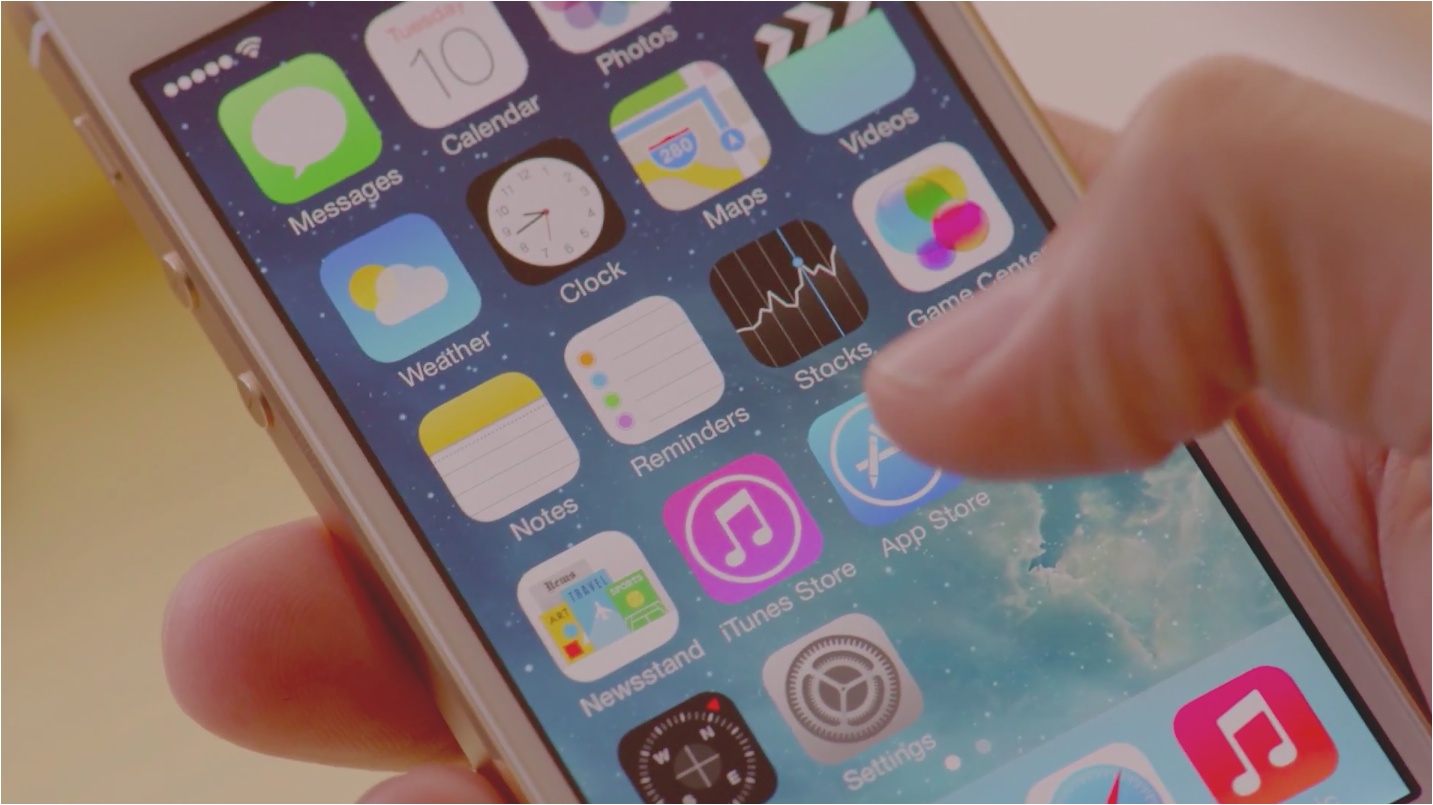 Apple and more than a dozen other titans of technology have written to European Union officials, expressing concern that a unified patent court system could encourage patent trolls to expand their lawsuits overseas.
Apple and more than a dozen other titans of technology have written to European Union officials, expressing concern that a unified patent court system could encourage patent trolls to expand their lawsuits overseas.
New rules now being developed could create “significant opportunities for abuse” allowing patent owners to “extract substantial royalties,” according to the letter obtained by the New York Times.
Starting in 2015 trolls could take infringement cases to non-member countries or nations without much experience, creating a European version of the Eastern District of Texas. Courts in that U.S. district are notorious for rulings favorable to companies suing tech firms, according to the letter…
After looking at the EU’s plans “companies now fear that the new system could be vulnerable to what they call patent assertion entities, less politely known as patent trolls, which make a business of filing patent-infringement lawsuits,” reports the New York Times.
The EU’s proposal would create a unified patent court, replacing the current patchwork quilt of countries all with differing levels of experience handling patent-infringement claims.
Along with Apple (the favorite target of patent trolls), Google, Samsung, BlackBerry, Hewlett-Packard, Microsoft, Intel, Yahoo and Cisco signed the letter of concern sent Thursday. European firms such as Deutsche Telekom and Telecom Italia also signed, according to the report.
Ironies abound on both sides.
Google, which signed the letter warning of European patent abuse, recently found its Motorola Mobility the first convicted patent troll. The Times also notes than many of the people helping the EU draft the unified patent court “work for law practices or lobbying firms” which count as clients the signatories of today’s letter.
Spain and Poland are also raising objections, while Italy has some reservations about the proposal.
Spain is suing the EU over the plan, saying the Spanish language is not among those within the court system. Poland believes the proposal could hurt its economy, while Italy is unsure about so-called pan-European patents. At least 13 of the 25 EU member states must approve the court proposal for it to go into effect.
Chief among the worries by U.S. companies is that patent trolls could shop for a European country either with little experience handling patent issues or a nation that has not signed onto the unified court plan.
Another problem is the new system would split the question of whether infringement occurred from consideration of if the patent is even valid. While the procedure is common in German courts, the division on questions opens up “significant opportunities for abuse,” the letter writers explain.
In 2012 signatory Microsoft moved operations from Germany to the Netherlands due to what it said was a patent lawsuit filed by Motorola Mobility in Germany. Germany’s Deutsche Telekom was forced to pay a patent-infringement settlement to IPNav, which owns more than 1,000 patents, according to the Times.
Over the last half-decade, IPNav has sued over 1,600 U.S.-based companies, a record. Defendants have included Google, Adobe and Hitachi.
IPNav has written that the proposed change in how Europe handles patent challenges is “a great benefit to innovators” and the new setup “is going to cut the cost of litigation down significantly.”
The proposed change in Europe comes as patent trolls become a front-burner topic in the U.S. The FTC has launched an investigation into patent-infringement claims as the Obama administration orders agencies such as the U.S. Patent and Trademark Office take a closer look at patent applications and their owners.
